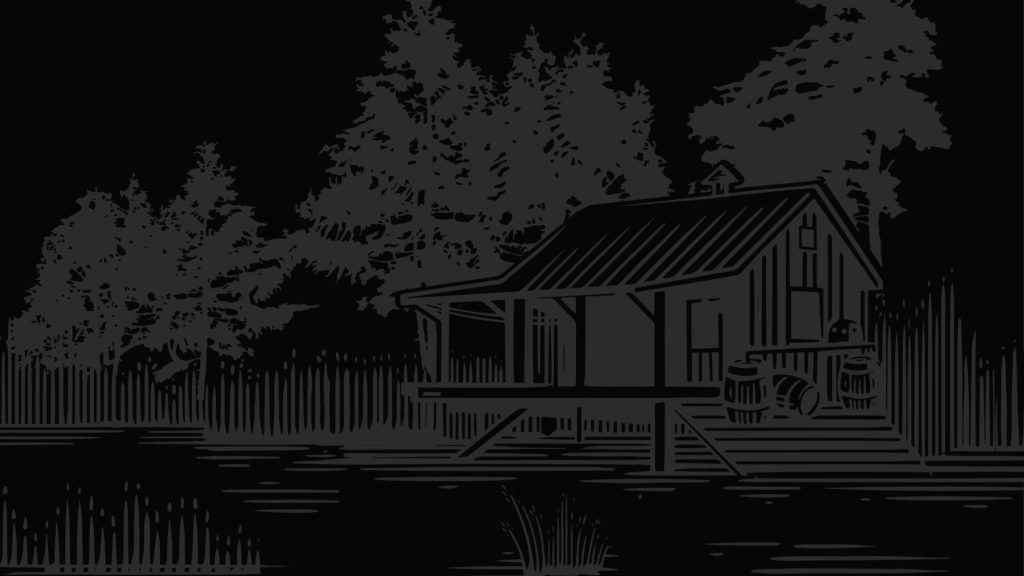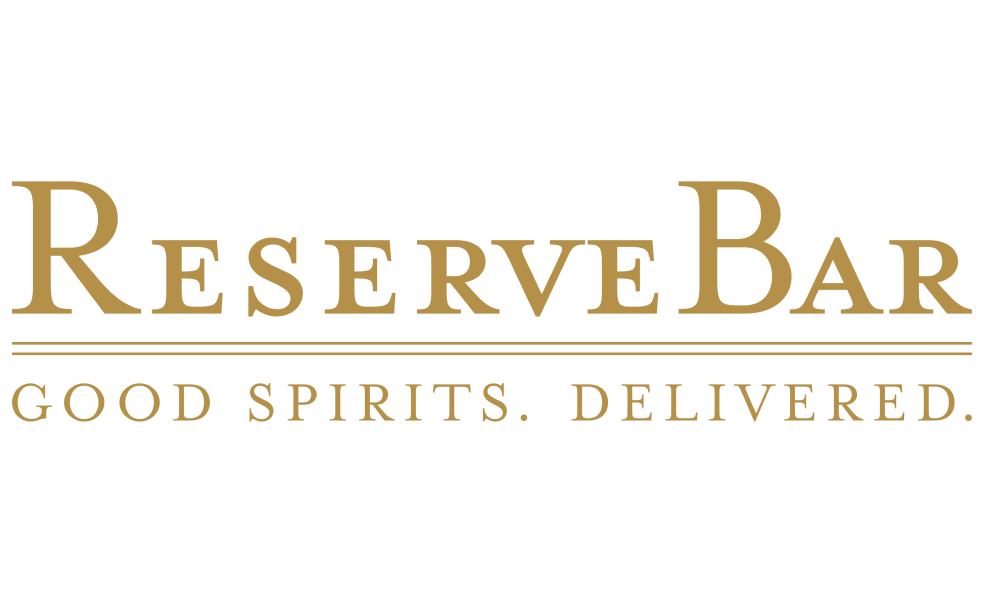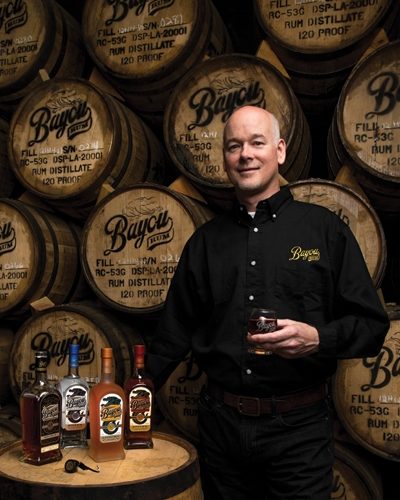What began as a wild idea concocted while hunting is now a dream come true for Bayou Rum Distillery president and co-founder Trey Litel and his business partners.
BY WILL KALEC
Bayou Rum has been recognized not only for its taste, but also bottle presentation and marketing
Trey Litel once was blind, but now he sees.
More to the point, he was once in a duck blind – waiting for the birds to swoop down and flirt with the decoys – quietly yammering away about this unquenchable desire to escape cubicle life and do something cool to pay the bills. Maybe, like, make rum. Litel’s brother, Tim, also fending off the morning winter chill and patiently waiting for some action, nodded in agreement. Yeah, that would be cool.
And now, Litel sees those words manifest into a brick-and-mortar, 80-proof dream come true everyday as the president of Bayou Rum Distillery – the happiest place on earth … or at least the happiest place in Jeff Davis Parish. The largest privately owned distillery in the country shines like a boozy beacon just off I-10, serving as a must-stop destination for tourists in a state full of them, and as an escape from the fog of corporate minutia for Litel and Co.
“It’s fantastic,” Litel says. “I jump out of bed every day; I don’t get out of bed. It’s a passion, and it’s exciting. And really, this all started because my brother and I were trying to figure out how Louisiana produces all this world-class sugar cane but doesn’t produce any rum. How come there isn’t any rum here?
“We answered that by talking to our friend, Skip Cortese, and I put together a PowerPoint presentation, and the rest is history.”
History in the making, actually.
In five short years, Bayou Rum has grown exponentially from shovels-in-the-ground to a budding powerhouse in the crowded and competitive world of alcohol production. Using their combined and complementary business acumen, the brass at Bayou Rum have fostered a product that’s become widely distributed and also critically acclaimed. Draped in 72 total awards (and counting), the four variations of Bayou Rum (Select, Satsuma, Silver and Spiced) have been handed shiny hardware from prestigious organizations such as the American Distilling Institute, the Miami Rum Renaissance Festival, the American Craft Distillers Association and the Sip Awards.
Bayou Rum has been recognized not only for its taste, but also bottle presentation and marketing – a strong suit of Litel who worked for Bacardi for years in between stints with a couple computer and technology companies.
“We’ve used every bit of every experience we’ve ever had in our life and poured it into this business to build it,” Litel says. “It’s all been used to try and learn and try to grow. It humbles you. I worked for multi-billion-dollar companies and then you come to owning your own small business and it’s all about cash flow. ‘Gosh, if we spend a dollar on that, we can’t spend a dollar on this.’ It was tenuous at the beginning, but we learned teamwork, the technicalities of distilling, and if we were going to make a world-class rum, we were going to need help.”
So they hired Jeff Murphy, an up-and-coming distiller from Privateer Rum in Massachusetts. Prior stops for Murphy included working for a beer brewer in Singapore and a vodka distiller in Texas. Using raw sugar and molasses grown locally and processed in New Iberia, Murphy credits the indigenous staple as the source of Bayou Rum’s particular taste. Murphy’s recipe is implemented on a 22-acre plot of land and a facility that serves as the gold standard for all other distilleries to follow and surpass in the future. According to Litel, the distillery itself is as big a part of the Bayou Rum brand as the liquor itself.
“There were three ways we could have gone with this idea,” Litel says. “First, you can create a bottle and buy the juice from someone else and put it on the market. No. 2, you can buy an existing building. Or three, you can build from the ground out. It’s the hardest task, so of course Tim, Skip and I said, ‘Let’s take that path.’ But we took in a way that would make Louisiana proud. So our place is modeled off the way they do it in Kentucky, but it’s Louisiana’s. And we wanted it to be a Louisiana destination.”
Blessed with a silver tongue, Litel affectionately calls the beverage business the “entertainment industry,” and therefore wanted to create a hub that brought the sizzle to complement Bayou Rum’s substance. Well, it seems he’s accomplished just that. In February 2016, Bayou Rum Distillery was honored with the Louey Award – given to the tourism attraction of the year – from the Louisiana Travel Promotion Association.
The distiller tour begins in a room with 24-foot ceiling covered in reclaimed timber. “It’s impressive,” Litel says. “People walk in with their mouths open even though they aren’t saying a word.” From there, tour guide Josh Thibodeaux takes visitors through the viewing room. One wall contains old pictures that showcase the history of rum production in Louisiana while another wall diagrams the sugarcane growing and harvesting process. Through windows, visitors view the copper distilling equipment as a five-minute video plays containing interviews with sugar growers and scenes inside the sugar mill showing the cane being crushed and crystalized. Guests are also taken through the bottling room, the test lab, the ever-popular tasting room and conclude the trip at the gift shop.
“We hope that they pick up a little memento of their time here, that it’s an experience they want to remember,” Litel says. “Because for us, it’s been an incredible journey. We’re off to a good start, but we have a long way to go. Because we have a big goal. We want to be America’s rum. We want to be the Tito’s Vodka of the rum business. Of course, we’re proud, but we’re gonna keep on truckin’ because there’s a lot to still do.”
For original article, click here.



